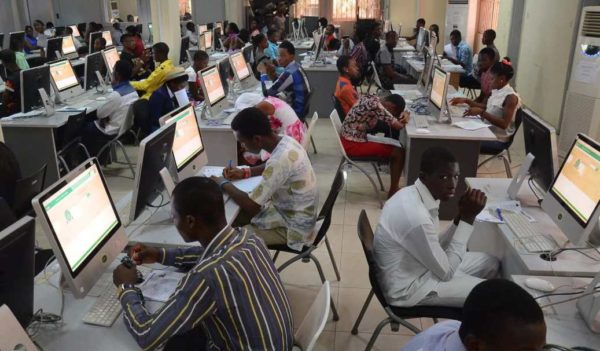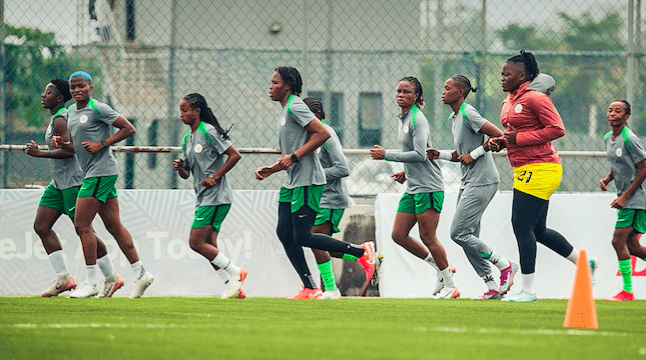“Réunion (63.29 Mbps) emerged as the leader in Sub-Saharan Africa, with South Africa (42.42 Mbps) following closely in second place.Then come Eswatini, Rwanda, Mauritius, and Botswana, occupying 3rd, 4th, 5th, and 6th positions, respectively”
Nigeria has achieved an average download speed of 27.62 Mbps, catapulting it to the seventh position among Sub-Saharan African countries in terms of internet speed, according to the 2024 Worldwide Broadband Speed Report.
Nigeria has made a notable improvement in its global internet speed ranking, moving up one spot from 133rd place in 2023 to 132nd place in 2024, based on comprehensive speed tests conducted across 220 countries.
Réunion (63.29 Mbps) emerged as the leader in Sub-Saharan Africa, with South Africa (42.42 Mbps) following closely in second place.
Then come Eswatini, Rwanda, Mauritius, and Botswana, occupying 3rd, 4th, 5th, and 6th positions, respectively.
According to the survey, Africa has the second-slowest average internet speed globally, with a continent-wide average of 14.99 Mbps, ranking only above one other region in terms of internet speed.
The report noted: “50 countries were measured in the second-slowest region, Sub-Saharan Africa, which averaged a download speed of 14.99 Mbps overall. All but two of the countries found themselves in the slowest half of the league table.
“Going against the trend somewhat were Réunion (63.29Mbps, 75th), South Africa (42.42Mbps, 114th), and Eswatini (37.23Mbps, 120th). Meanwhile, Sudan (4.02Mbps, 223rd), Central African Republic (4.08Mbps, 222nd), and Ethiopia (4.45Mbps, 221st) all fell among the slowest ten countries in the world for average network speed.”
Iceland is the country with the fastest broadband in the world, according to a global analysis of approximately 1.5 billion broadband speed tests.
Jersey, located in Western Europe, came in second with speeds of 273.51 Mbps, while Macao, in Asia, secured the third position with speeds of 234.74 Mbps.
In order to meet the online needs of a typical family or small business, Ofcom, the UK’s telecom regulator, set a minimum threshold of 10 Mbps, which a total of 35 countries failed to meet.
Although MTN and Airtel’s rollout of 5G networks may have contributed to the increase in internet speeds, these networks are currently only available in major urban areas, leaving rural regions without the benefits of enhanced connectivity.






















Leave a comment